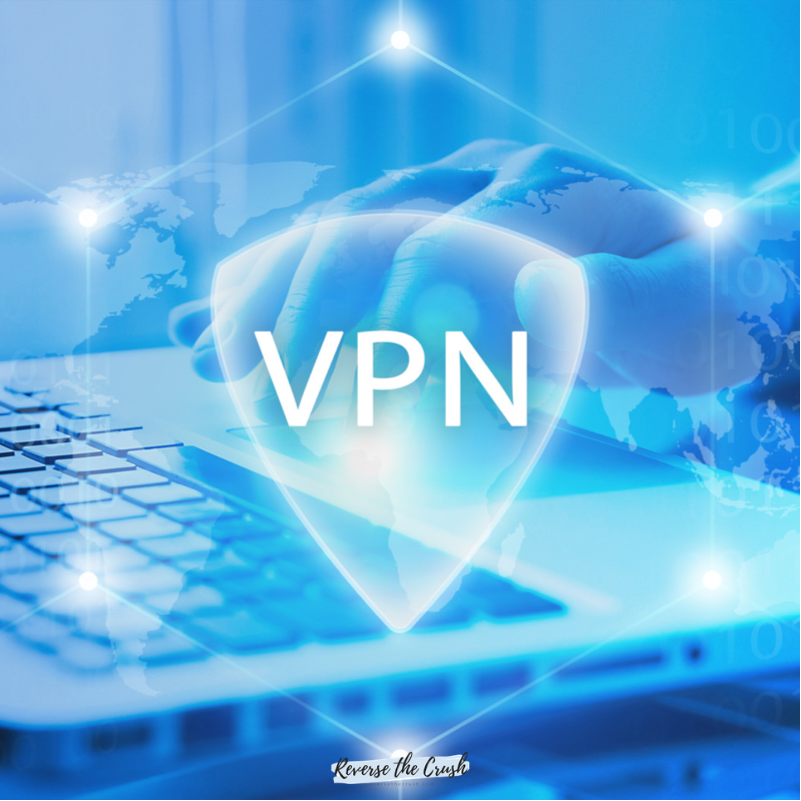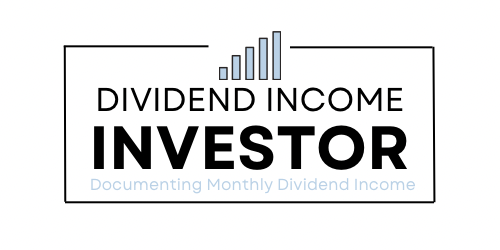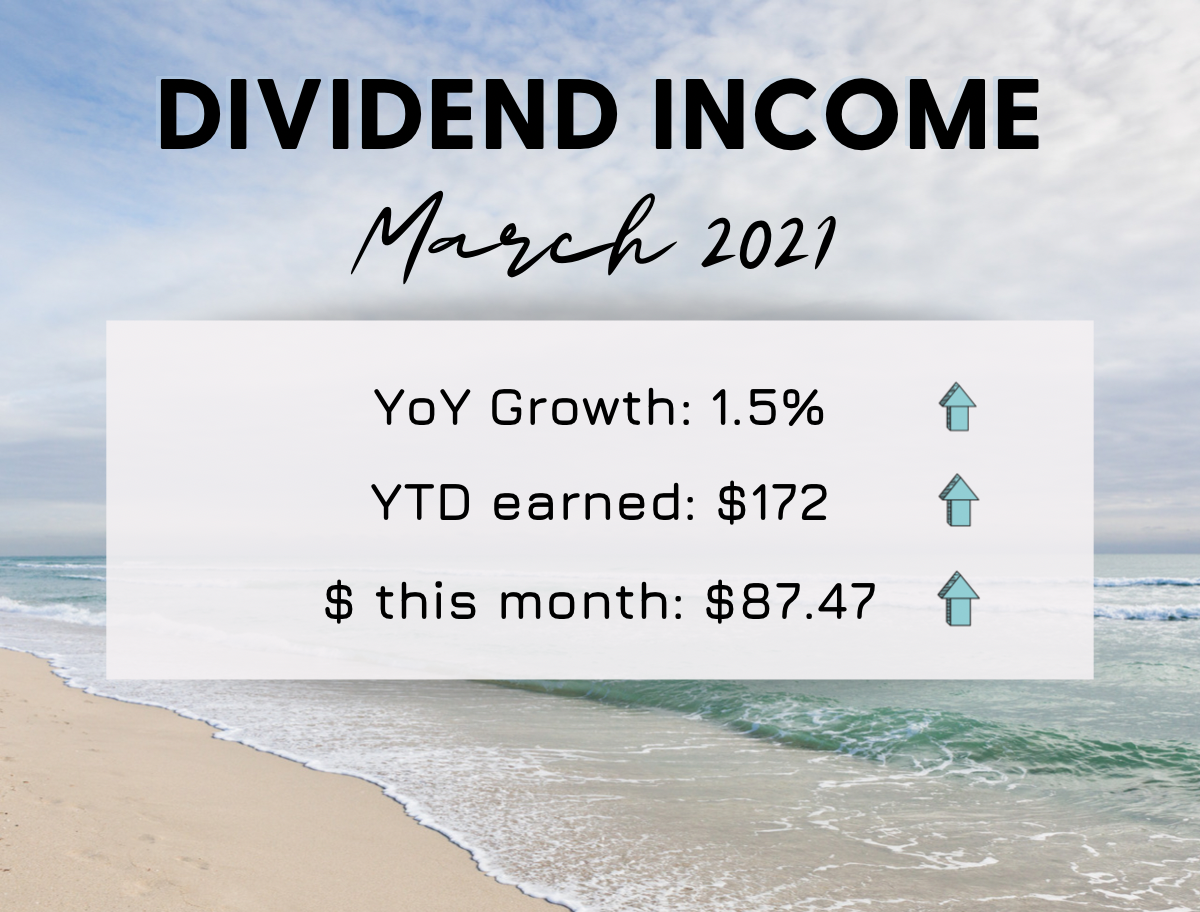How to write an anonymous blog: Learn how to keep your blog and identity private. Maintain an anonymous blog to write freely and confidently. This post contains affiliate links.
Many people dream of becoming a blogger, but their job prevents them from doing so.
Employers expect employees to represent the company at work and outside of work in the social media era.
If you have opinions that differ from your employer, they could misrepresent the company.
Although the control doesn’t seem to bother some people, it affected me tremendously when I worked in the financial industry—it made me extremely anxious.
Not that I was doing anything wrong, but it always felt like I was being watched.
The compliance department monitored my brokerage accounts when I was a stock broker, and I know for a fact that they monitor employees’ social media accounts as well.
As a result, I dialed back my blogging efforts and my blog growth suffered. I was scared to discuss which stocks I held and I avoided talking about my personal interests at work.
If only I had known how to write an anonymous blog at the time.
In this post, I will show you how to write an anonymous blog so you can keep your identity private.
Let’s jump right in so you can blog freely and confidently.
How To Write An Anonymous Blog

Why Blog Anonymously
There are plenty of reasons to blog anonymously.
Here are a few of the main reasons:
- To fully express yourself
- To avoid conflicts of interest
- For keeping your blog and personal life separate
- To protect others’ identities
- For personal security
- To share financial information
- To avoid criticism
- So you can’t be unfairly judged
- To be appreciated for your work, not for superficial reasons
How To Write An Anonymous Blog: (10 Steps)
1. Choose A Blog Domain
The first thing you want to do is choose your domain name.
Obviously, if you want to blog anonymously, you should choose a domain name that is different from your personal name.
Also, your blog domain name should be different from any of your personal social media profiles.
If you want to turn your blog into a business, I would recommend that you pick a very specific blog name about one topic. Make sure you can come up with at least 50 blog posts on that topic before you purchase the domain.
Once you have decided on a domain name, search for it to make sure it’s available.
Next, choose a web host and purchase it. Bluehost is a great option because they have 24/7 customer service and affordable hosting. If you’re ready to purchase your anonymous domain name, visit my Bluehost link here.
2. Create A Pseudonym Name For Contact And Email
Because blogging involves a lot of communication, you should create a pseudonym like the creator of bitcoin did.
In case you are not familiar, the creator of bitcoin used a pseudonym name, Satoshi Nakamoto, when they originally published their white paper. To this day, Satoshi’s true identity has still not been revealed.
In the same way, an anonymous blogger should come up with their own pseudonym name.
This is a name you will use for email correspondence, social media, or any other communication.
For example, I use the name “Graham” for my email: graham@reversethecrush.com. And I also use that name for my social media accounts and when I comment on other blogs.
Graham may or may not be my real name. You won’t know unless I do an official reveal on the blog, and I would only do that if I quit my part-time job for good.
Anyways, pick a name that is very different from your real name and go with it.
3. Enable Domain Privacy Protection
Enabling domain privacy protection is an important step.
When you purchase a domain, you must provide personal information such as an address and your name.
If you don’t enable privacy protection, technically, anyone can find the owner of a domain by using websites like ICANN | Look Up or WHOIS.
But if you enable domain privacy protection, usually for a small fee, people will not be able to find your address and name online.
To enable domain privacy protection, sign on to your domain provider and make it private.

4. Tell No One!
If you’re going to blog anonymously, you should never tell anyone about your blog.
Not even your best friends.
Because the truth is that you can’t ever trust the people you know, other than maybe close family members or your significant other.
Also, your blog might change people’s opinions about you.
If you tell people you work with, they might use it against you if they don’t like something you said.
Frankly, most people can’t handle opposing ideas in a constructive way. They take other people’s opinions personally.
In truth, I have told a few people about my blog and I’ve always regretted it. But I am reaching a point where I want this to be my career, so I’m beginning to care less. If you want people to take you seriously, you have to take what you do seriously.
On the other hand, if you want to blog anonymously, you should keep your mouth shut, no matter how bad you want to tell people.
5. Avoid Mentioning Your A/S/L
In addition to not mentioning your real name, you should avoid disclosing your A/S/L.
For those that weren’t around for the early days of the internet, A/S/L stands for age/sex/location.
Back when the internet first started, chat rooms were a popular thing.
One of the first questions chatters would ask each other was A/S/L. I’m probably dating myself by telling you that.
Anyways, avoid disclosing your age, sex, or location if you want to be successful with anonymous blogging.
6. Schedule Your Posts
Scheduling posts is a great way to build an audience. Your consistency will be appreciated.
For the record, I schedule all my posts nowadays.
In addition to building an audience, it’s also a great way to remain anonymous.
If your blog posts are being published while you are busy at your day job, it will seem less likely that you are the one who published it.
7. Don’t Attach Your Personal Emails Or Social Media Accounts To Blog Accounts
You’re here to learn how to write an anonymous blog, right?
If that’s the case, you need to remove all association between your personal emails and social media accounts.
Do not follow your blog social media accounts with your personal profiles to gain followers.
Avoid using personal email addresses to set up social media profiles for your blog.
Furthermore, don’t even be tempted to like or share a single post.
You don’t want to establish any connection at all, not even a trace.
8. Be Careful With Photos
In my early blogging days, I took pride in using my own photos.
Since then, I use Canva Pro for all my photography needs.
There are a couple reasons for this. The first is that every photo you take has digital data attached to it. And second, people might recognize the location.
If you ever become a successful blogger, the last thing you want is people showing up to where you live.
Of course, it’s not a huge problem because bloggers aren’t celebrities. But you never know who is watching you.

9. Consider Signing Up For A VPN
VPN stands for “Virtual Private Network.”
In short, a VPN hides your IP address by redirecting it through a remote server run by a VPN host.
In other words, VPNs protect your internet activity by disguising your online identity and location.
To learn more about VPNs, check out this overview on Wikipedia. If you plan to go this route, make sure to educate yourself on the different types of VPNs and their legality.
10. Talk To Your Web Host
If you are looking for other tips about how to write an anonymous blog or how to protect your privacy, check with your web host.
Any good website host will be happy to offer advice on how you can protect your privacy.
I personally recommend Bluehost for hosting because of their 24/7 customer service that is available through chat. If I ever have a problem, I chat with them and they usually have it fixed in a short amount of time.
They also helped me set up my SSL certificate and have guided me when I had privacy breaches.

How To Write An Anonymous Blog – Final Thoughts
Writing an anonymous blog is not about being fake. It’s a right.
It’s about being able to express yourself in a confidential way.
In my view, writing an anonymous blog is a great way to share your opinions but still be respectful to your employer.
To put it bluntly, it’s a lot better than saying whatever you want and then just putting “these opinions are my own” in your bio.
Moreover, I don’t think it should be used to spread negativity or any misinformation. I hope these actions are not used for that.
But if you are a painfully shy introvert, an opinionated person, or if you just want to be able to blog on the side of your job, you should be allowed to voice your opinion. Blogging anonymously is the perfect way to accomplish that.
Related Articles On Blogging
How To Blog Successfully (in 2021): 8 Blog Tasks With The Highest ROI
I am not a licensed investment or tax adviser. All opinions are my own. This post may contain advertisements by Monumetric. This post may also contain internal links, affiliate links to BizBudding, Amazon, Bluehost, and Questrade, links to trusted external sites, and links to RTC social media accounts.
Connect with RTC
Twitter: @Reversethecrush
Pinterest: @reversethecrushblog
Instagram: @reversethecrush_
Facebook: @reversethecrushblog
Email: graham@reversethecrush.com


 Dividend Income March 2021: New Record
Dividend Income March 2021: New Record
